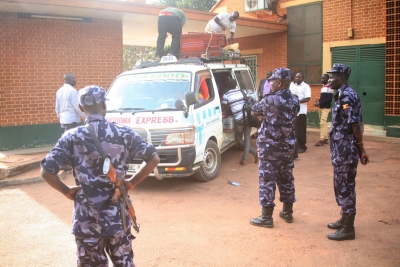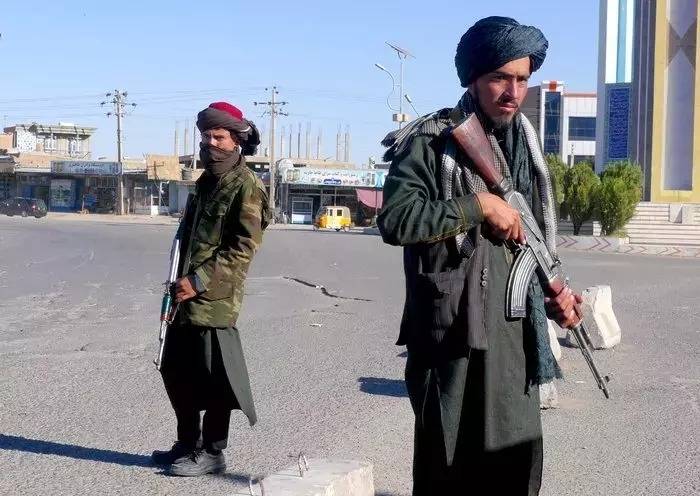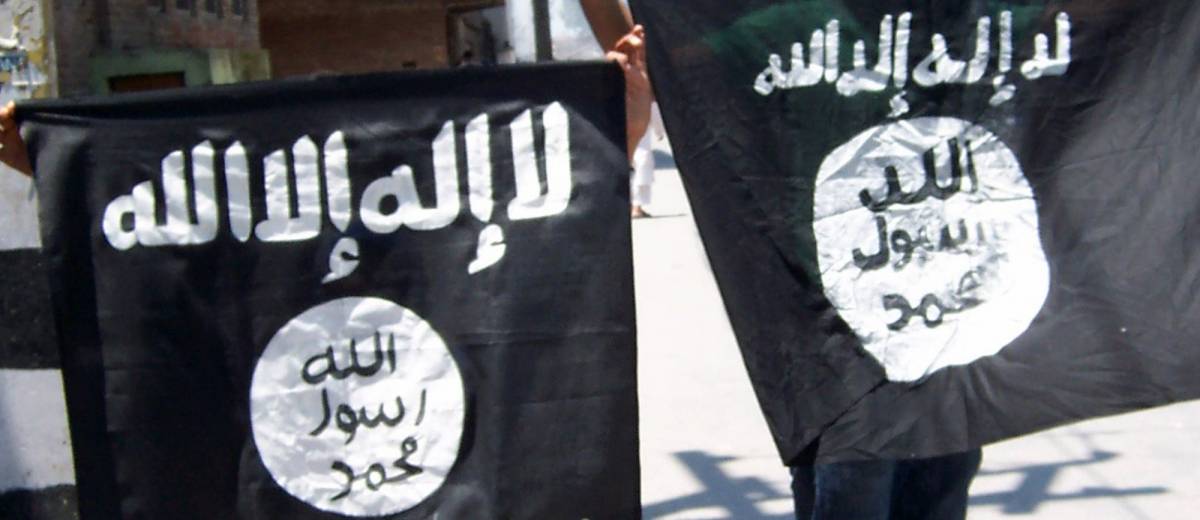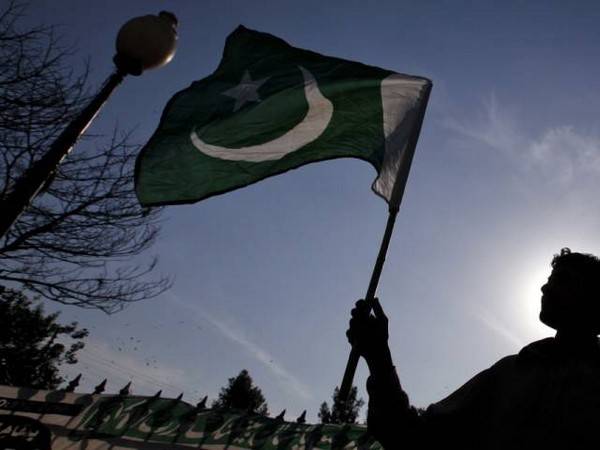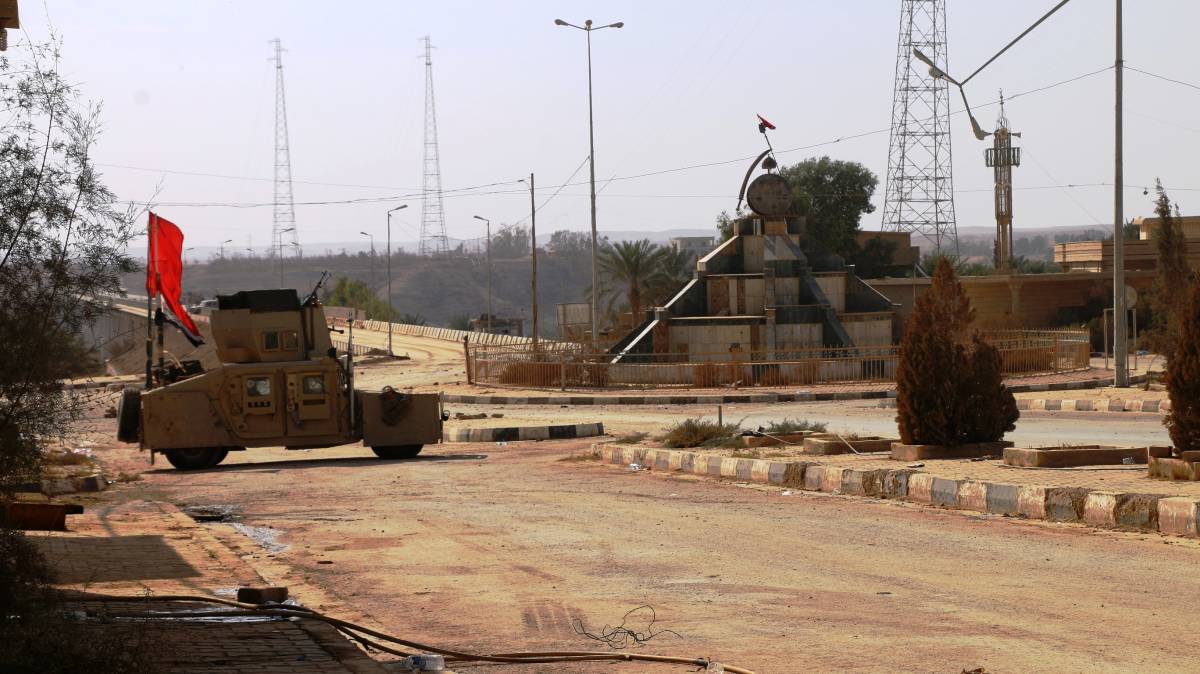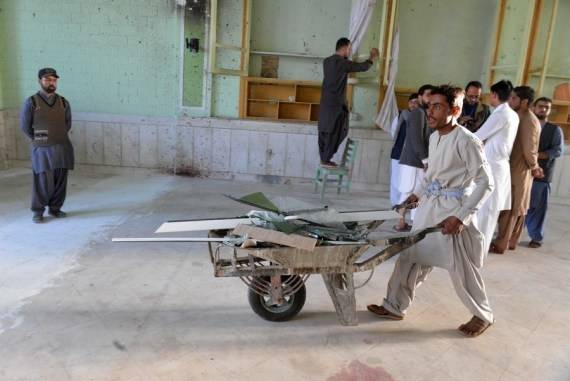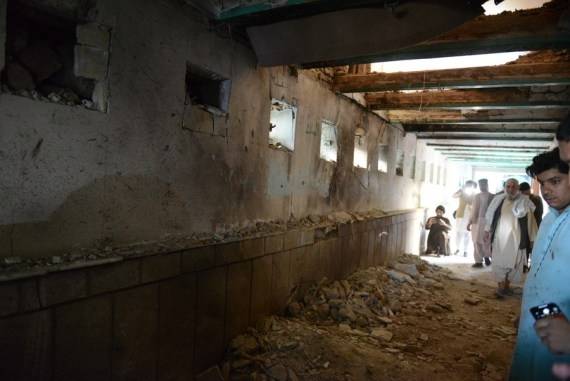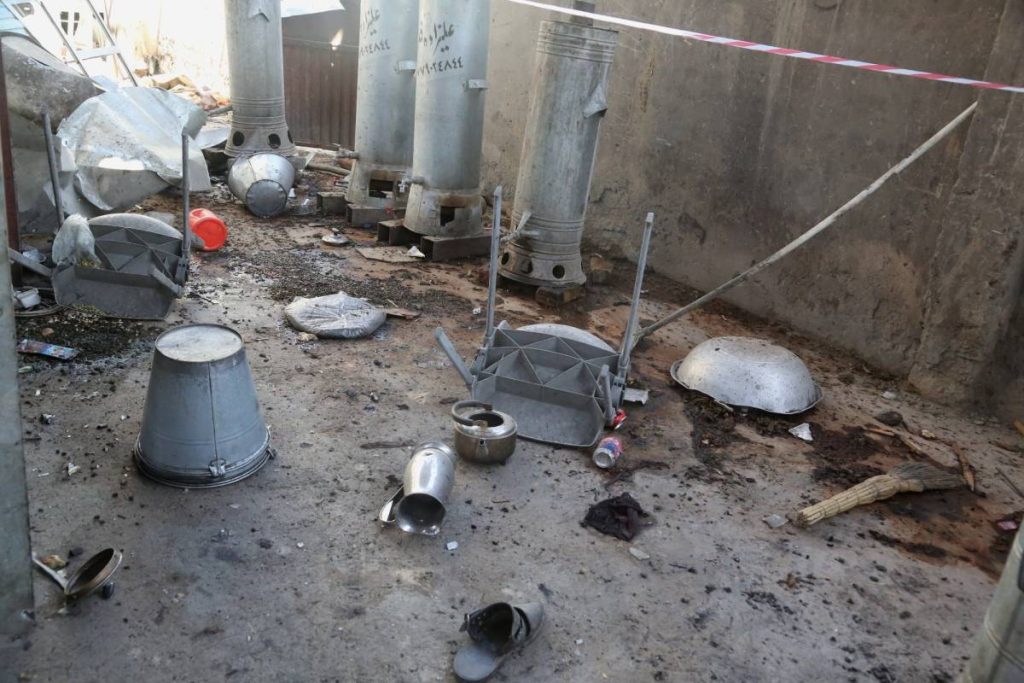The police said the attack was carried out by the Allied Democratic Forces (ADF) — a DRC-based Ugandan rebel group which is a branch of the IS in Central Africa, reports Asian Lite News
At least 40 people, mostly students, were killed and eight others critically injured after militants linked to the Islamic State terror group attacked a school in Uganda located near the border with the Democratic Republic of the Congo (DRC), police said on Saturday.
The attack took place at around 11.30 p.m. on Friday night at the Lhubiriha secondary school in Mpondwe, during which a dormitory was burnt and a food store was looted, reports the BBC.
In a statement, the police said the attack was carried out by the Allied Democratic Forces (ADF) — a DRC-based Ugandan rebel group which is a branch of the IS in Central Africa.
Police spokesperson Fred Enang said the Uganda People’s Defence Forces and the police are currently carrying out a search operation for the group who fled towards Virunga National park in the DRC after the attack.
The army has also deployed planes to help track the rebel group.
Enang said many of the bodies were transferred to the Bwera Hospital, where the critically injured persons are also undergoing treatment.
“We do offer our deepest condolences to the families of those who have been killed, and offer our prayers and thoughts to those who have been wounded,” he said, noting that more details will be availed in due course.
Meanwhile, Major General Dick Olum from the Ugandan army told the media that some of the male students were burnt or hacked to death, the BBC reported.
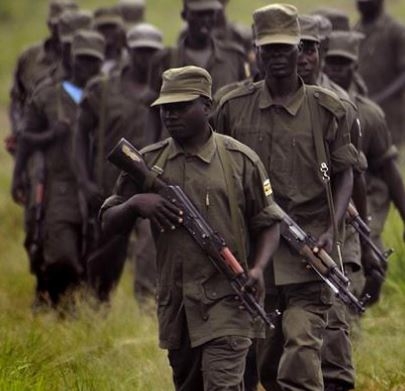
Others at the school, mostly girls, have been abducted by the group, he added.
Some of the bodies are said to have been badly burnt and DNA tests will need to be carried out to identify them.
The latest incident comes a week after suspected ADF fighters attacked a village in the DRC near the Ugandan border.
Over 100 villagers fled to Uganda but have since returned.
The attack on the school, located less than 2 km from the DRC border, is the first in 25 years.
In June 1998, 80 students were burnt to death in their dormitories in an ADF attack on Kichwamba Technical Institute near the border of DRC.
More than 100 students were abducted.
The ADF was created in eastern Uganda in the 1990s and took up arms against long-serving President Yoweri Museveni, reports the BBC.
After its defeat by the Ugandan army in 2001, it relocated to North Kivu province in the DRC.
The group’s principal founder, Jamil Makulu, was arrested in Tanzania in 2015 and is in custody in a Ugandan prison.
ADF rebels have been operating from inside the DRC for the past two decades.
In 2021, suicide bombings in Uganda’s capital Kampala and other parts of the country were blamed on the ADF.

